Home>Garden Essentials>What Fruit Seeds Contain Cyanide
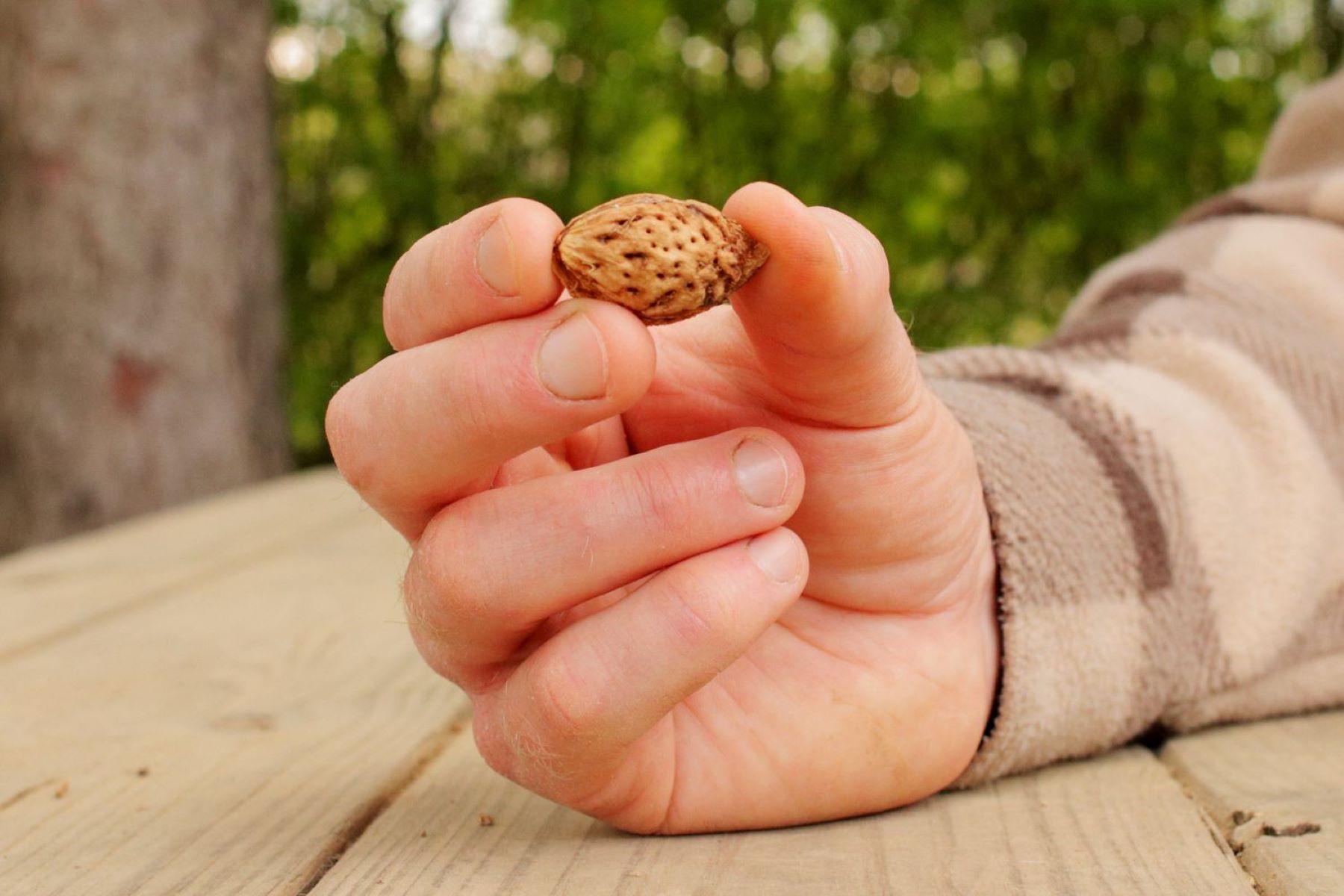

Garden Essentials
What Fruit Seeds Contain Cyanide
Modified: March 16, 2024
Discover which fruit seeds contain cyanide in your garden. Learn how to identify and safely handle these potentially toxic seeds to protect yourself and your loved ones.
(Many of the links in this article redirect to a specific reviewed product. Your purchase of these products through affiliate links helps to generate commission for Storables.com, at no extra cost. Learn more)
Introduction
Welcome to the fascinating world of gardening! Whether you’re an experienced gardener or just starting out, one thing’s for certain: there’s always something new to learn. In this article, we’ll be delving into the topic of fruit seeds and their potential danger due to the presence of cyanide.
Fruit seeds are often overlooked, as they are usually discarded while enjoying the juicy flesh of the fruit. However, it’s essential to be aware of the potential risks associated with certain fruit seeds that contain cyanide. Cyanide is a highly toxic compound that can be harmful to humans if ingested in significant amounts.
While it’s important to understand the risks, it’s also vital to keep in mind that the amount of cyanide present in fruit seeds is relatively small. In most cases, consuming small quantities of these seeds will not pose a significant threat to your health. Nonetheless, it’s still essential to exercise caution and take necessary precautions to ensure your safety.
In the following sections, we will explore various types of fruit seeds that contain cyanide, the potential dangers they pose, and the safety measures you should follow when dealing with them. So, let’s begin our journey into the world of fruit seeds and cyanide poisoning.
Key Takeaways:
- Fruit seeds like apple, apricot, cherry, peach, plum, and mango contain a compound that can release cyanide. While the risk is low, it’s important to remove seeds before eating and avoid consuming large quantities.
- Enjoy fruits safely by being aware of potential risks, removing seeds before eating, and seeking medical attention if concerned. Moderation and education are key to staying safe in the garden.
Read more: What Fruits Are True To Seed
What is Cyanide?
Cyanide is a highly toxic chemical compound that consists of a carbon and nitrogen atom connected by a triple bond. It is a potent poison that can have severe effects on the human body if ingested or inhaled in significant quantities. Cyanide is produced naturally by certain plants as a defense mechanism against herbivores.
In its pure form, cyanide is a colorless and odorless substance that can be found in various compounds, including hydrogen cyanide (HCN) and cyanogen compounds. These substances are toxic because they disrupt the body’s ability to utilize oxygen, leading to cellular asphyxiation. Cyanide molecules bind to iron atoms in enzymes responsible for transporting oxygen, preventing them from carrying out their crucial functions.
While cyanide is highly toxic, it’s important to note that it is present in very small amounts in most fruits and vegetables. However, certain fruit seeds have been found to contain relatively higher concentrations of cyanide.
It’s crucial to understand that the body does have some natural defense mechanisms in place to neutralize cyanide, such as the enzyme rhodanese. Rhodanese helps convert cyanide into a less toxic substance called thiocyanate, which can be excreted from the body. However, the ability to detoxify cyanide varies from person to person, and ingesting large amounts of cyanide can overwhelm the body’s natural defenses.
In the next sections, we’ll discuss the specific types of fruit seeds that contain cyanide and the potential risks associated with their consumption. Remember, knowledge is key when it comes to staying safe and informed in the garden!
Cyanide Poisoning
Cyanide poisoning occurs when someone ingests or inhales a significant amount of cyanide, leading to an accumulation of the toxic compound in the body. The severity of cyanide poisoning can vary depending on the amount of cyanide consumed and the individual’s overall health. Immediate medical attention is crucial in cases of suspected cyanide poisoning.
When cyanide enters the bloodstream, it affects various organs and tissues in the body, particularly those with a high demand for oxygen, such as the brain and heart. Symptoms of cyanide poisoning can include headache, dizziness, confusion, rapid breathing, nausea, and a rapid or weak pulse. In severe cases, it can lead to loss of consciousness, seizures, cardiac arrest, and even death.
It’s important to note that the amount of cyanide present in fruit seeds is generally small and unlikely to cause acute cyanide poisoning. However, repeated ingestion of large quantities over an extended period may pose a potential risk. Additionally, individuals with compromised liver function may be more susceptible to the effects of cyanide poisoning.
If you suspect cyanide poisoning or have ingested a large amount of fruit seeds containing cyanide, seek immediate medical attention. The medical professionals will assess the situation and may administer specific treatments, such as administering antidotes like sodium thiosulfate or hydroxocobalamin. Do not induce vomiting unless directed to do so by medical professionals.
Now that we understand the potential risks associated with cyanide poisoning, let’s explore some common types of fruit seeds that contain cyanide and the precautions you should take when handling them.
Types of Fruit Seeds Containing Cyanide
While the majority of fruit seeds contain trace amounts of cyanide, there are a few notable exceptions where the concentration is higher. It’s important to be aware of these fruits and their seeds to exercise caution when handling or consuming them. Let’s take a look at some of the common types of fruit seeds that contain cyanide:
- Apple Seeds: Apple seeds, like many other fruit seeds, contain amygdalin, a compound that can release cyanide when metabolized. However, the concentration of amygdalin is generally very low in apple seeds, and consuming a small number of apple seeds is unlikely to cause any harm.
- Apricot Seeds: Apricot seeds, also known as apricot kernels, have a slightly higher concentration of amygdalin compared to apple seeds. Consuming a significant number of apricot kernels or grinding them into a powder can potentially lead to cyanide poisoning. It’s best to avoid consuming apricot seeds or products made from them in large amounts.
- Cherry Seeds: Cherry seeds, also called cherry pits, contain amygdalin similar to apricot seeds. As with apricot seeds, it’s recommended to avoid consuming cherry seeds, especially in large quantities or when ground into a powder.
- Peach and Plum Seeds: The seeds found within peaches and plums, known as peach pits and plum pits, respectively, contain amygdalin as well. While the concentration of amygdalin is lower compared to apricot and cherry seeds, it’s still advisable to avoid consuming these seeds.
- Mango Seeds: Mango seeds, commonly known as mango kernels, also contain amygdalin. However, the flesh of the mango fruit itself does not contain significant levels of amygdalin or cyanide. It’s important to note that mango seeds are usually much larger and harder than other fruit seeds, making them less likely to be accidentally ingested.
Remember, the key to safe gardening and fruit consumption is moderation and awareness. While the cyanide concentration in these fruit seeds is generally low, it’s best to err on the side of caution and avoid consuming them in large quantities.
In the following sections, we’ll delve into the potential dangers and risks associated with consuming fruit seeds containing cyanide, along with the precautions and safety measures you should take to ensure your well-being.
Apple Seeds
Apple seeds are a common example of fruit seeds that contain a compound called amygdalin, which can release cyanide when metabolized. However, it’s important to note that the concentration of amygdalin in apple seeds is generally very low, and consuming a few apple seeds is unlikely to cause any harm.
The outer shell of apple seeds acts as a protective barrier, preventing the release of cyanide unless the seed is crushed or chewed. Ingesting whole apple seeds without breaking them typically poses no risk. However, it’s always a good practice to remove the seeds before consuming apples, especially if you have young children who may accidentally bite into the seeds.
While a few apple seeds are unlikely to cause cyanide poisoning, it’s still important to exercise caution and avoid consuming them in large quantities. Consuming an excessive amount of apple seeds could potentially lead to mild symptoms of cyanide poisoning, such as headache, shortness of breath, and dizziness. However, it is extremely rare for these symptoms to manifest due to apple seed consumption alone.
If you accidentally ingest a few apple seeds, there’s usually no cause for concern. Your body naturally detoxifies small amounts of cyanide, and the low concentration in apple seeds is typically not enough to pose a significant risk. However, if you experience any unusual symptoms or have concerns, it’s always wise to consult a healthcare professional for guidance.
To stay on the safe side, it’s recommended to remove apple seeds before consuming apples, especially if you plan to use them in recipes or give them to young children. Enjoy the juicy and nutritious flesh of the apple worry-free, knowing that the small number of seeds within won’t pose any serious risks when consumed in moderation.
In the next sections, we’ll explore other types of fruit seeds that contain cyanide and discuss the potential dangers and safety measures to keep in mind. Stay informed and enjoy the world of gardening with confidence!
Read more: How Much Cyanide Is In An Apple Seed
Apricot Seeds
Apricot seeds, also known as apricot kernels, are another type of fruit seed that contains a compound called amygdalin, which can release cyanide when metabolized. Compared to apple seeds, apricot seeds have a slightly higher concentration of amygdalin, making them potentially more hazardous if consumed in large quantities.
While apricot seeds are not commonly eaten alone, they have gained some attention as a dietary supplement due to their purported health benefits. Some individuals believe that apricot seeds can help with various ailments, including cancer treatment. However, it’s crucial to note that there is no scientific evidence to support these claims, and the consumption of apricot seeds should be approached with caution.
Consuming a significant number of apricot kernels or grinding them into a powder can potentially lead to cyanide poisoning. The symptoms of cyanide poisoning can be severe and include headache, dizziness, confusion, rapid breathing, nausea, and a rapid or weak pulse. In severe cases, it can lead to loss of consciousness, seizures, cardiac arrest, and even death.
If you come across apricot seeds, it’s recommended to avoid consuming them in large amounts. It’s best to enjoy the delicious flesh of the apricot and discard the seeds. Additionally, be cautious when purchasing or using apricot seed products or supplements, as they may contain concentrated amounts of amygdalin.
It’s important to remember that the body has natural defense mechanisms to detoxify small amounts of cyanide, and occasional exposure to apricot seeds is unlikely to cause significant harm. However, repeated ingestion of large quantities over an extended period can potentially pose a risk to your health.
If you accidentally consume a few apricot seeds, do not panic. Make sure to drink plenty of water to help flush out any trace amounts of cyanide. However, if you experience any symptoms of cyanide poisoning or have concerns, seek immediate medical attention.
As with any fruit seeds containing cyanide, it’s crucial to exercise caution and avoid consuming them in large quantities. Moderation is key when it comes to enjoying apricots and other fruits while keeping your health and well-being in mind.
In the following sections, we’ll continue exploring different types of fruit seeds that contain cyanide and discuss the potential risks and safety measures associated with their consumption. Let’s dive deeper into the world of fruit seeds and stay informed!
Cherry Seeds
Cherry seeds, also known as cherry pits, are another example of fruit seeds that contain amygdalin, a compound that can release cyanide when metabolized. While the concentration of amygdalin in cherry seeds is generally lower compared to apricot seeds, it’s still important to exercise caution when handling and consuming them.
Cherry seeds are typically hard and well-encased within the fleshy fruit, making accidental ingestion less likely. However, it’s crucial to be aware of the potential risks associated with consuming cherry seeds in large quantities or when ground into a powder.
The release of cyanide from cherry seeds occurs when the amygdalin compound is broken down, such as through chewing or grinding. Ingesting a few intact cherry seeds is typically not a cause for concern, as the protective shell prevents the release of cyanide into the body. However, it’s still advisable to remove and discard the seeds to be safe.
Ingesting a significant number of cherry seeds or consuming products made from ground cherry seeds can potentially lead to cyanide poisoning. The symptoms of cyanide poisoning can range from mild to severe, including headache, dizziness, confusion, rapid breathing, nausea, and a rapid or weak pulse. In rare and extreme cases, it can lead to cardiac arrest and death.
To ensure your safety, it’s best to enjoy the sweet and flavorful flesh of cherries and remove the seeds before consuming them. If you accidentally consume a few cherry seeds, there’s usually no cause for immediate concern, as the concentration of cyanide is generally low. However, if you experience any symptoms of cyanide poisoning or have concerns, it’s important to seek medical attention.
It’s also worth noting that cherry seed extracts, often sold as a dietary supplement, may contain concentrated amounts of amygdalin. These products should be approached with caution, and it’s advisable to consult a healthcare professional before using them.
By being aware of the potential risks and taking necessary precautions, you can enjoy the delightful taste and benefits of cherries while minimizing any potential harm. In the next sections, we’ll continue exploring different types of fruit seeds containing cyanide and discuss the precautions and safety measures to keep in mind. Stay informed and garden safely!
Apple seeds, cherry pits, and peach pits contain cyanide compounds. Avoid consuming large amounts of these seeds to prevent potential poisoning.
Peach and Plum Seeds
Peach and plum seeds, also known as peach pits and plum pits, respectively, are another category of fruit seeds that contain amygdalin, which can release cyanide when metabolized. While the concentration of amygdalin in these seeds is generally lower compared to apricot and cherry seeds, it’s still important to exercise caution when handling and consuming them.
The seeds within peaches and plums are typically enclosed within a hard shell, making accidental ingestion less likely. However, it’s essential to be aware of the potential risks associated with consuming peach and plum seeds in large quantities or when crushed or ground into a powder.
Similar to other fruit seeds, the release of cyanide from peach and plum seeds occurs when the amygdalin compound is broken down. Intact seeds are less likely to pose a risk, but it’s still advisable to remove and dispose of the seeds before consuming the fruits. This precaution ensures that you avoid any accidental ingestion of the seeds.
Ingesting a significant number of peach or plum seeds or consuming products made from ground seeds can potentially lead to cyanide poisoning. While the symptoms may vary, they can include headache, dizziness, confusion, rapid breathing, nausea, and a rapid or weak pulse. It’s crucial to be cautious and seek medical attention if you experience any unusual symptoms or have concerns.
To protect your health, enjoy the succulent and juicy flesh of peaches and plums while avoiding the seeds. Remember, the concentration of cyanide in these seeds is generally low, and occasional exposure is unlikely to cause significant harm. However, moderation and awareness are key when it comes to ensuring your well-being.
Furthermore, it’s important to note that consuming peach or plum fruit flesh itself does not pose the same risk as the seeds. The flesh is safe to enjoy and offers a range of nutritional benefits.
By being mindful of the potential dangers and taking necessary precautions, you can continue to enjoy the delightful flavors and benefits of peaches and plums while minimizing any potential harm. In the following sections, we’ll explore other types of fruit seeds that contain cyanide and discuss the precautions and safety measures to keep in mind. Let’s continue our journey into the world of fruit seeds and stay informed!
Mango Seeds
Mango seeds, commonly known as mango kernels, are another type of fruit seed that contains a compound called amygdalin, which can release cyanide when metabolized. However, it’s important to note that the flesh of the mango fruit itself does not contain significant levels of amygdalin or cyanide.
Mango seeds are typically much larger and harder compared to the seeds of other fruits, making them less likely to be ingested accidentally. They are commonly discarded when enjoying the juicy flesh of the mango. However, it’s still important to exercise caution and be aware of the potential risks associated with consuming mango seeds.
Similar to other fruit seeds containing amygdalin, the release of cyanide from mango seeds occurs when the compound is broken down. While it’s rare for individuals to consume mango seeds intentionally, there have been cases where people have ground the seeds into a powder or used them in traditional remedies.
It’s worth noting that the concentration of amygdalin and subsequent release of cyanide from mango seeds are generally lower compared to other fruit seeds. Nonetheless, it’s recommended to avoid consuming mango seeds in large quantities or using them in powdered form as a precautionary measure.
If you accidentally ingest a small portion of a mango seed, there’s usually no need for immediate concern. The natural defense mechanisms of the body can handle small amounts of cyanide, and the concentration in mango seeds is generally low. However, if you experience any unusual symptoms or have concerns, it’s always best to seek medical advice.
To ensure your safety, it’s advisable to enjoy the delicious and juicy flesh of the mango while discarding the seeds. Remember, moderation is key when it comes to consuming any fruit or its parts. By practicing caution and staying informed, you can continue to relish the delightful flavors and benefits of mangoes without any unnecessary risks.
In the upcoming sections, we’ll explore more types of fruit seeds that contain cyanide and discuss the potential dangers, precautions, and safety measures associated with their consumption. Let’s delve further into the world of fruit seeds and gardening with knowledge and awareness!
Read more: What Fruit Does Not Have Seeds
How Much Cyanide is Present in Fruit Seeds?
When it comes to fruit seeds containing cyanide, it’s important to understand that the levels of cyanide can vary depending on the specific type of seed. However, it’s crucial to note that the concentration of cyanide in most fruit seeds is relatively low and unlikely to cause immediate harm if consumed in small quantities.
The amount of cyanide present in fruit seeds is measured in parts per million (ppm). Different sources report varying levels of cyanide in fruit seeds, but in general, the concentration is in the range of a few milligrams per kilogram (mg/kg) or even less.
For instance, apple seeds typically contain around 0.06 to 0.24 mg of cyanide per gram of seed, while apricot seeds may contain around 3.9 to 4.6 mg of cyanide per gram of seed. Other fruit seeds, such as cherry, peach, and plum seeds, generally fall within a similar range.
While these numbers may seem significant when considered on a per-gram basis, it’s important to remember that it is rare for someone to consume large quantities of fruit seeds in a single sitting. The average person would need to consume an exceptionally large amount of fruit seeds to be at risk of cyanide poisoning.
Furthermore, the human body has a natural defense mechanism to detoxify small amounts of cyanide. The enzyme rhodanese helps convert cyanide into a less toxic substance called thiocyanate, which can be easily eliminated from the body through urine.
However, it’s crucial to exercise caution and avoid repeated consumption of large quantities of fruit seeds over an extended period. Long-term exposure to higher levels of cyanide can potentially lead to health risks, especially for individuals with compromised liver function or other underlying medical conditions.
If you have concerns about the cyanide content in fruit seeds or are unsure about your specific circumstances, it’s best to consult a healthcare professional who can provide personalized advice based on your health history and any potential risk factors.
By understanding the levels of cyanide in fruit seeds and practicing moderation, you can continue to enjoy the flavors and benefits of fruits without compromising your well-being. In the next sections, we’ll delve into the potential dangers and risks associated with consuming fruit seeds containing cyanide and discuss the precautions and safety measures you should consider. Let’s continue to explore and garden with knowledge!
Potential Dangers and Risks
While the concentration of cyanide in most fruit seeds is generally low, it’s still important to be aware of the potential dangers and risks associated with consuming them in large quantities or over an extended period. Understanding the risks and taking necessary precautions is key to ensuring your safety and well-being.
One of the primary dangers of consuming fruit seeds containing cyanide is the potential for cyanide poisoning. When cyanide is released from the seeds and enters the bloodstream, it disrupts the body’s ability to utilize oxygen, leading to cellular asphyxiation. Severe cyanide poisoning can have serious consequences and may even be fatal.
The symptoms of cyanide poisoning can vary, depending on the amount of cyanide ingested and the individual’s overall health. Common symptoms include headache, dizziness, confusion, rapid breathing, nausea, and a rapid or weak pulse. In severe cases, cyanide poisoning can lead to loss of consciousness, seizures, cardiac arrest, and even death.
While it’s rare for individuals to accidentally consume large amounts of fruit seeds, certain factors may increase the risk. For example, young children may inadvertently bite into or swallow fruit seeds, making it important to remove seeds and exercise caution when serving fruits to young children.
Individuals with compromised liver function may also be more susceptible to the potential dangers of cyanide since the liver plays a crucial role in metabolizing cyanide and detoxifying the body. If you have any underlying health conditions or concerns about your liver function, it’s advisable to consult a healthcare professional for guidance.
Additionally, repeated exposure to higher levels of cyanide, such as regularly consuming large quantities of fruit seeds, can potentially lead to health risks over time. Long-term exposure to cyanide may negatively impact liver function and can increase the risk of adverse effects.
To stay safe, it’s best to avoid consuming fruit seeds containing cyanide in significant amounts. Discard the seeds before consuming the fruit, and be cautious when using any products or supplements made from fruit seeds, as they may contain concentrated levels of cyanide.
In the next sections, we will discuss the precautions and safety measures you should take when handling fruit seeds containing cyanide. By being aware of the potential risks and acting responsibly, you can continue to enjoy the benefits of fruits while minimizing any potential harm.
Precautions and Safety Measures
While the risks associated with fruit seeds containing cyanide are generally low, it’s important to take precautions and follow safety measures to ensure your well-being. By adopting responsible practices, you can enjoy the flavors and benefits of fruits while minimizing any potential harm. Here are some precautions and safety measures to consider:
- Remove and Discard Seeds: When preparing and consuming fruits, such as apples, apricots, cherries, peaches, plums, and mangoes, it’s advisable to remove the seeds before eating or serving them. Discard the seeds properly to prevent accidental ingestion.
- Awareness with Children: Keep an eye on young children when they are consuming fruits to prevent them from accidentally biting into or swallowing fruit seeds. Children should be supervised while eating fruits to ensure their safety.
- Moderation is Key: While occasional consumption of a few fruit seeds is generally safe, avoid consuming large quantities of fruit seeds in one sitting. Moderation is key to minimize the risk of cyanide poisoning.
- Consult a Healthcare Professional: If you have any concerns about the cyanide content in fruit seeds or questions about your specific health condition, it’s best to consult a healthcare professional. They can provide personalized advice based on your medical history and any potential risk factors.
- Be Cautious of Supplements: Be cautious when using any products or supplements made from fruit seeds, as they may contain concentrated amounts of cyanide. It’s recommended to consult a healthcare professional before using such products.
- Store and Dispose Properly: If you harvest fruits from your garden or purchase them from a market, ensure proper storage and disposal of any seeds. Store fruits in a safe and secure location away from children and discard seeds in a way that prevents accidental ingestion.
- Wash Hands Thoroughly: After handling fruit seeds, it’s important to wash your hands thoroughly with soap and water. This helps eliminate any potential residue from the seeds and reduces the risk of unintentional ingestion.
- Stay Informed and Educated: Stay updated on the latest information regarding fruit seeds and their potential risks. Keep yourself informed about safe food handling practices and be aware of any new research or recommendations related to fruit seeds and cyanide content.
By following these precautions and safety measures, you can enjoy the abundant flavors and benefits of fruits while prioritizing your health and well-being. Remember, moderation and responsible practices are essential in ensuring a safe and enjoyable experience with fruits and their seeds.
In the following sections, we will conclude our exploration of fruit seeds containing cyanide and provide a summary of the key takeaways from this article. Let’s review the information we’ve covered and conclude our journey into the world of fruit seeds and safety.
Conclusion
In conclusion, it’s important to be aware of the potential risks associated with fruit seeds containing cyanide while keeping in mind that the concentration of cyanide in most fruit seeds is generally low. Fruit seeds such as apple seeds, apricot seeds, cherry seeds, peach and plum seeds, and mango seeds can contain amygdalin, a compound that can release cyanide when metabolized.
While the likelihood of cyanide poisoning from consuming a few fruit seeds is low, it’s essential to exercise caution and follow safety measures. Remove and discard fruit seeds before consuming the fruit, especially when serving young children. Moderation is key, and consuming large quantities of fruit seeds in one sitting should be avoided.
In cases where accidental ingestion of a few fruit seeds occurs, there is usually no immediate cause for concern. The body has natural mechanisms to detoxify small amounts of cyanide, and the concentration in fruit seeds is typically not significant enough to lead to serious health effects.
However, if you experience any unusual symptoms or have concerns, it’s advisable to seek medical attention. Consulting a healthcare professional is also recommended if you have underlying health conditions or questions about your specific circumstances.
By taking precautions such as proper seed removal, responsible food handling, and staying informed about the cyanide content in fruit seeds, you can continue to enjoy the delicious flavors and benefits of fruits without unnecessary risks.
Remember, moderation, awareness, and education are key when it comes to staying safe in the world of fruit seeds and gardening. Embrace the joys of gardening and fruit consumption while prioritizing your health and well-being.
Thank you for joining us on this journey into the fascinating world of fruit seeds and their potential dangers. Stay informed, stay safe, and continue to explore the wonders of nature and the garden!
Frequently Asked Questions about What Fruit Seeds Contain Cyanide
Was this page helpful?
At Storables.com, we guarantee accurate and reliable information. Our content, validated by Expert Board Contributors, is crafted following stringent Editorial Policies. We're committed to providing you with well-researched, expert-backed insights for all your informational needs.
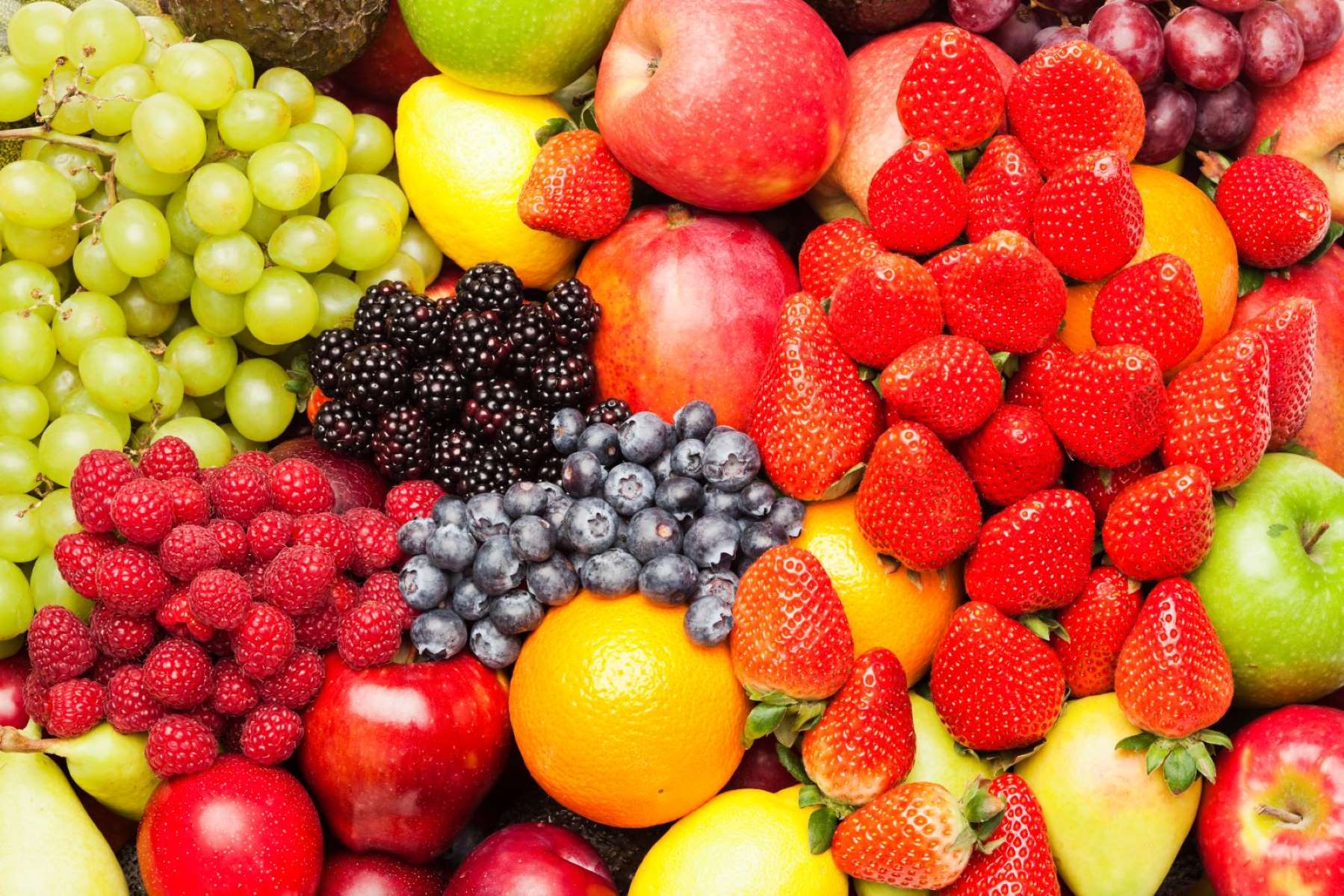
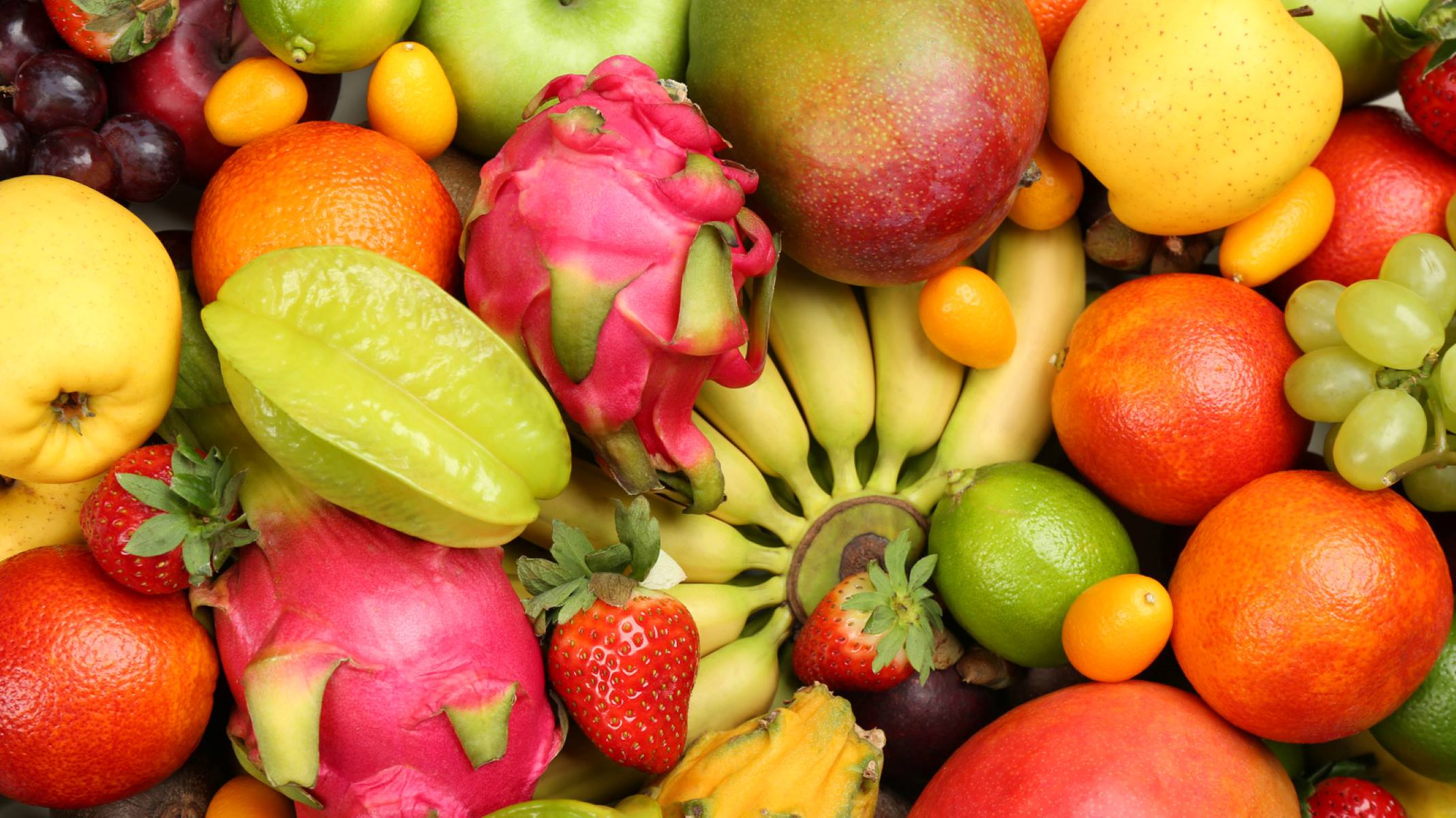
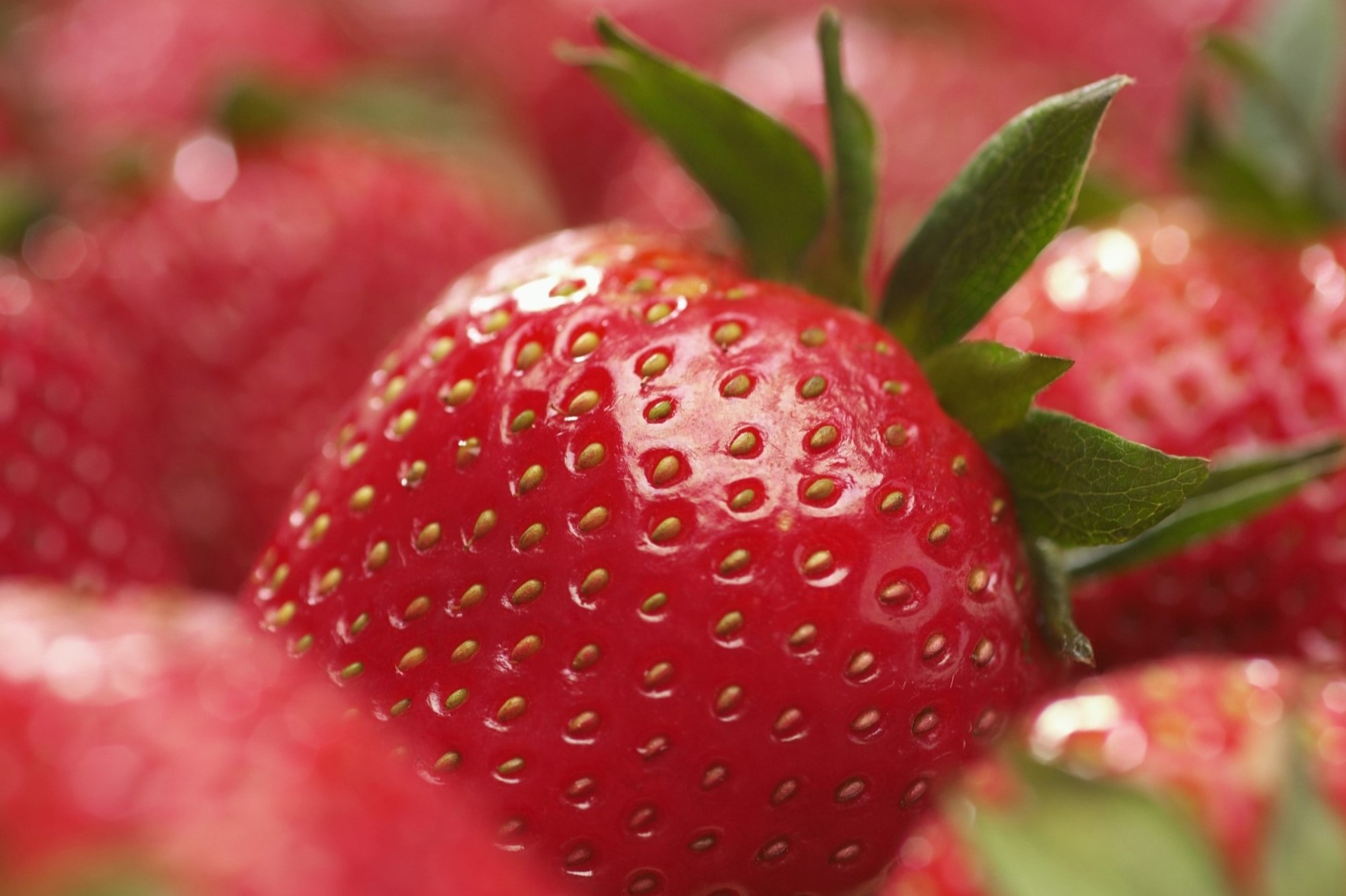
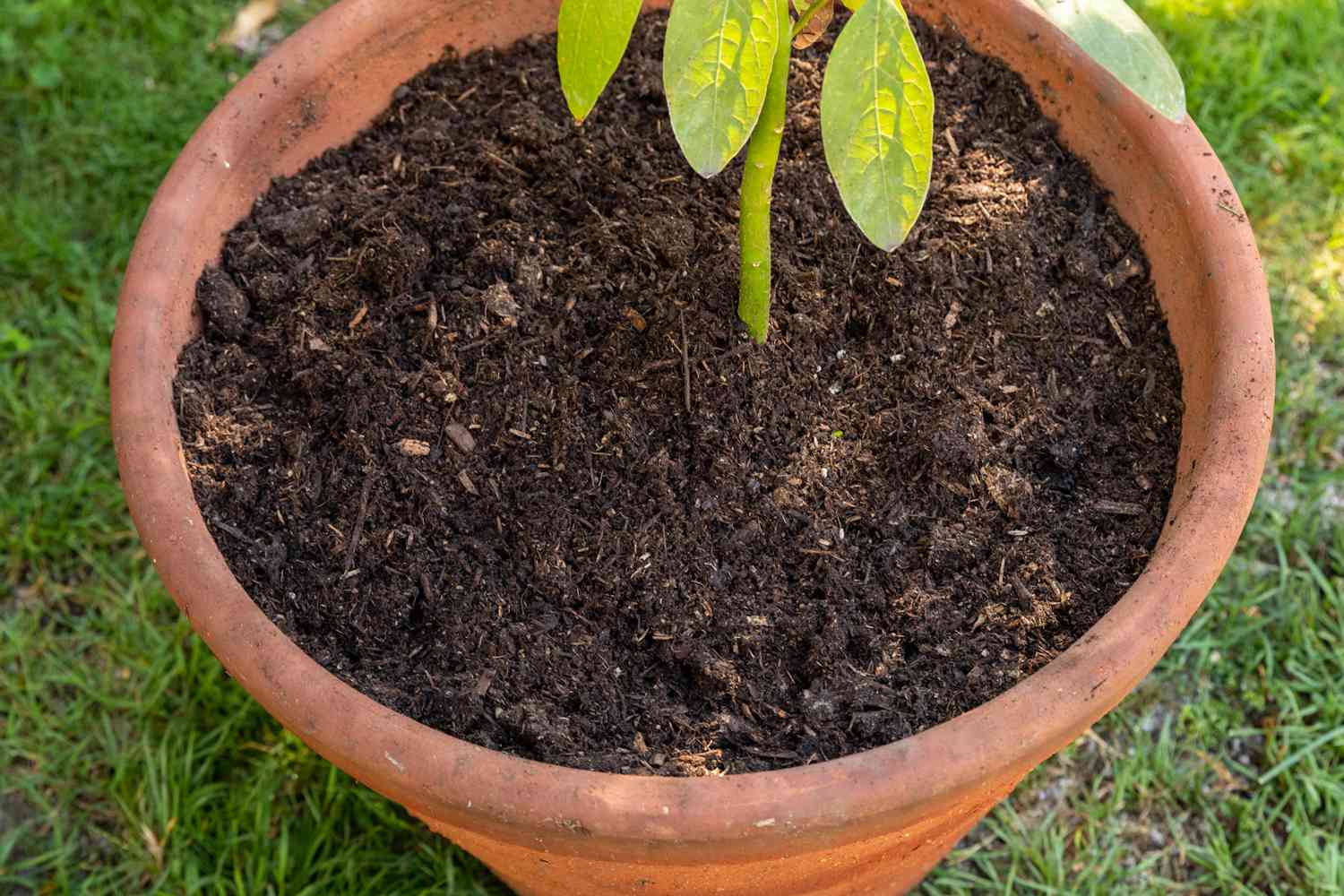
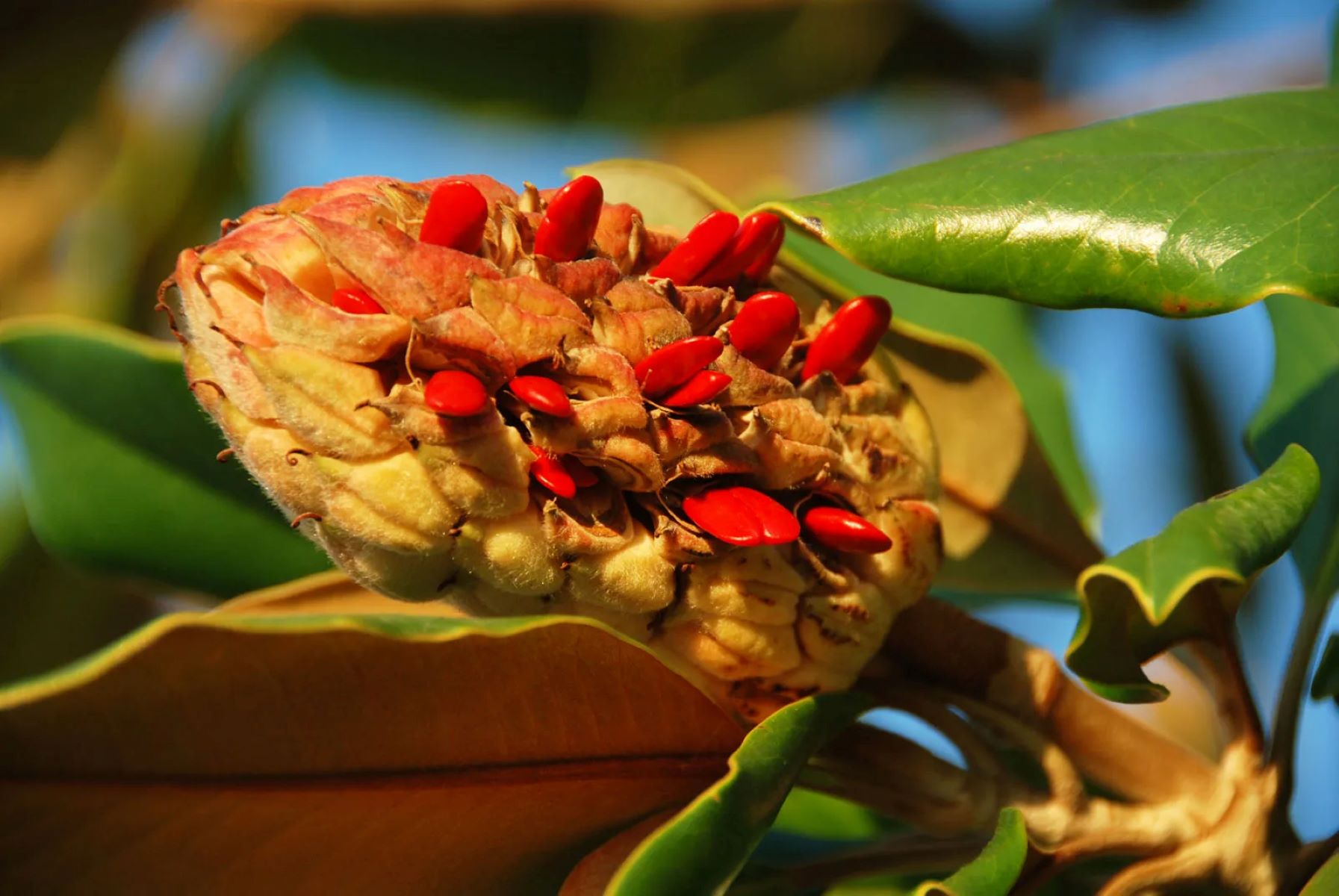
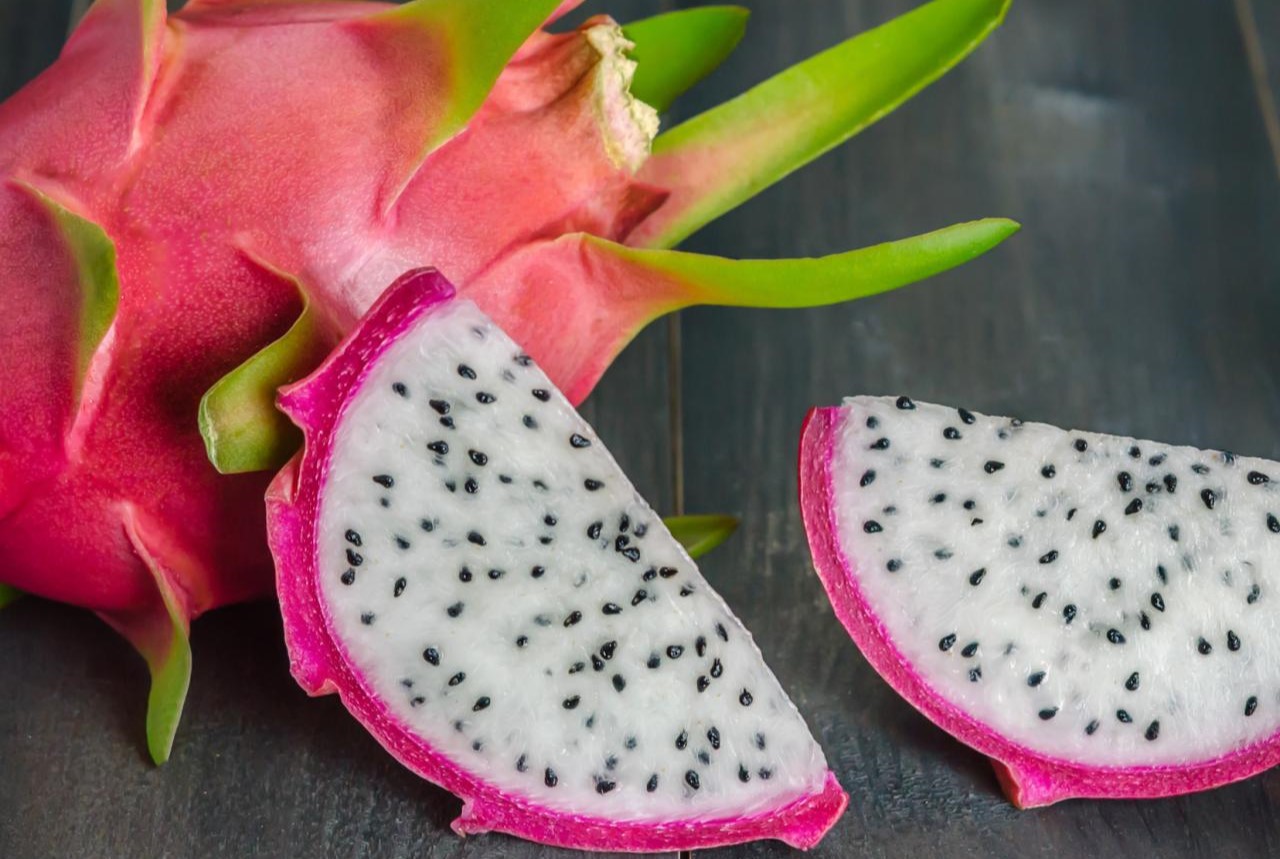
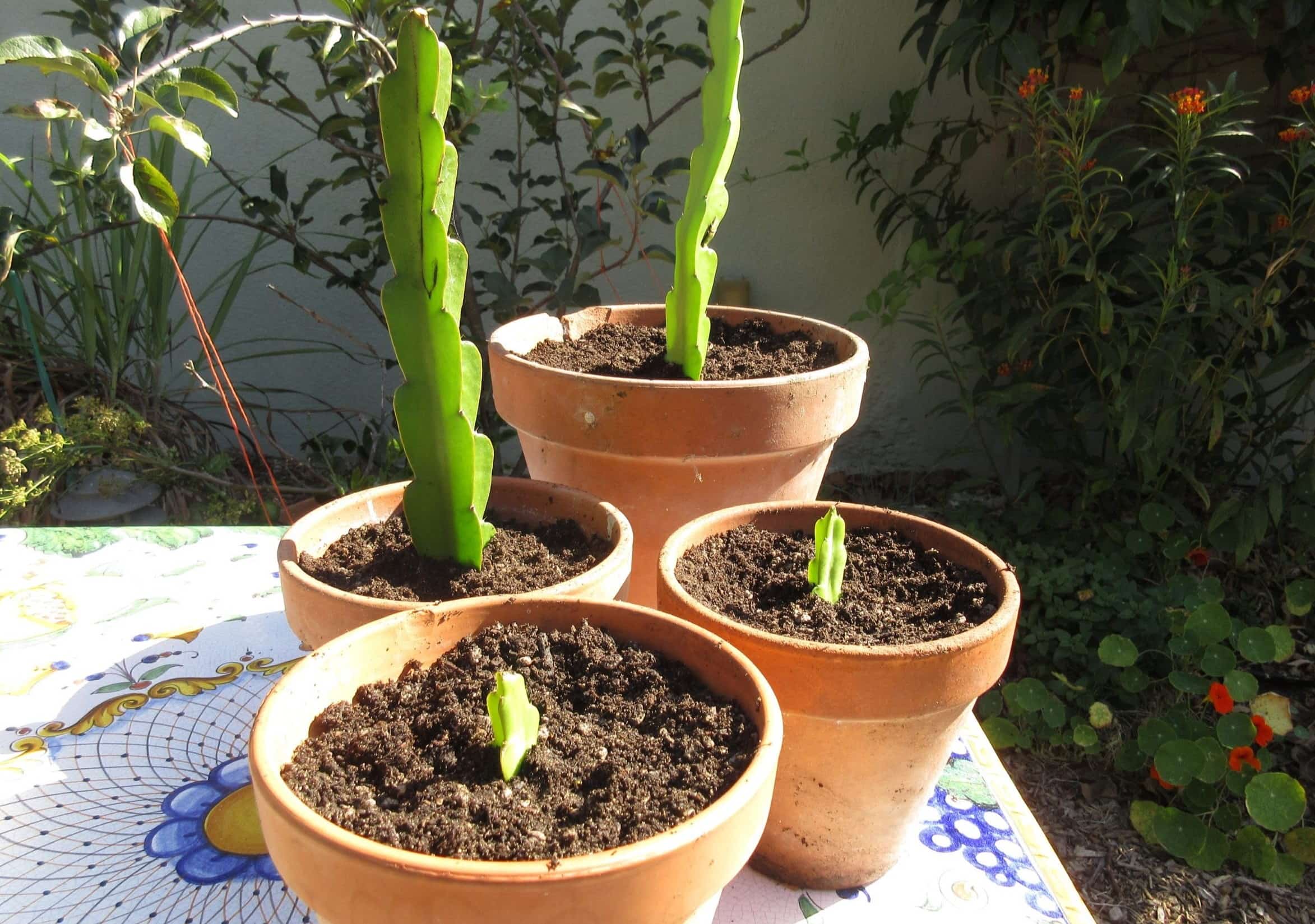
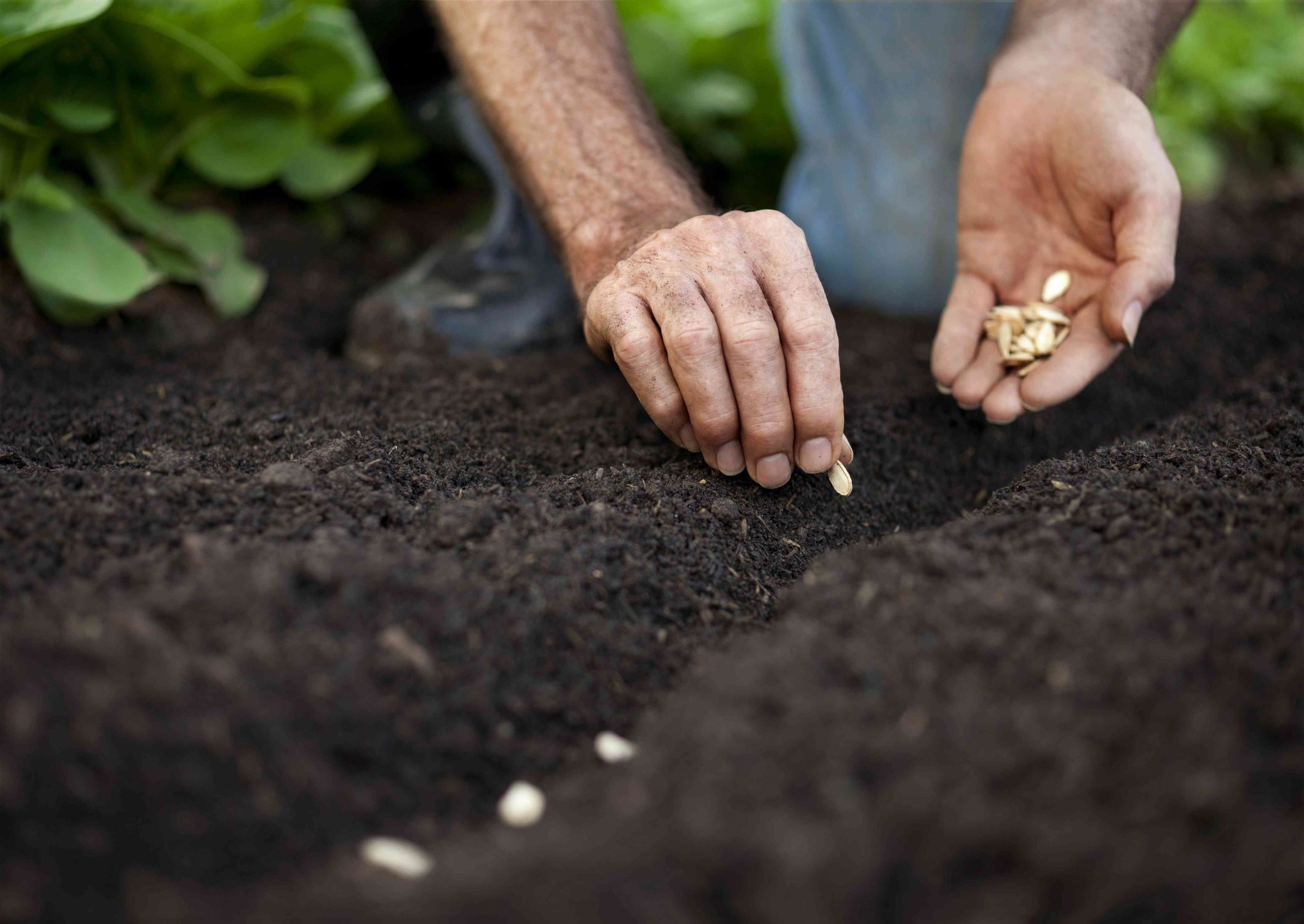
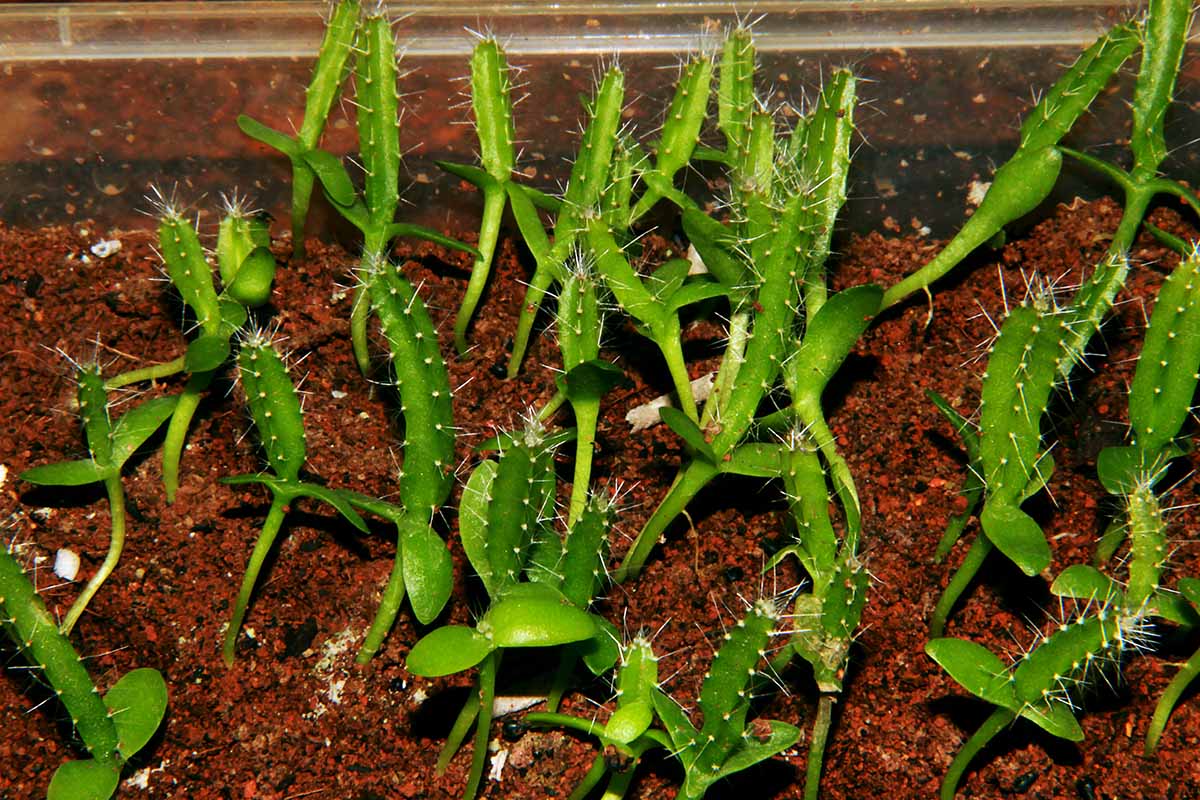
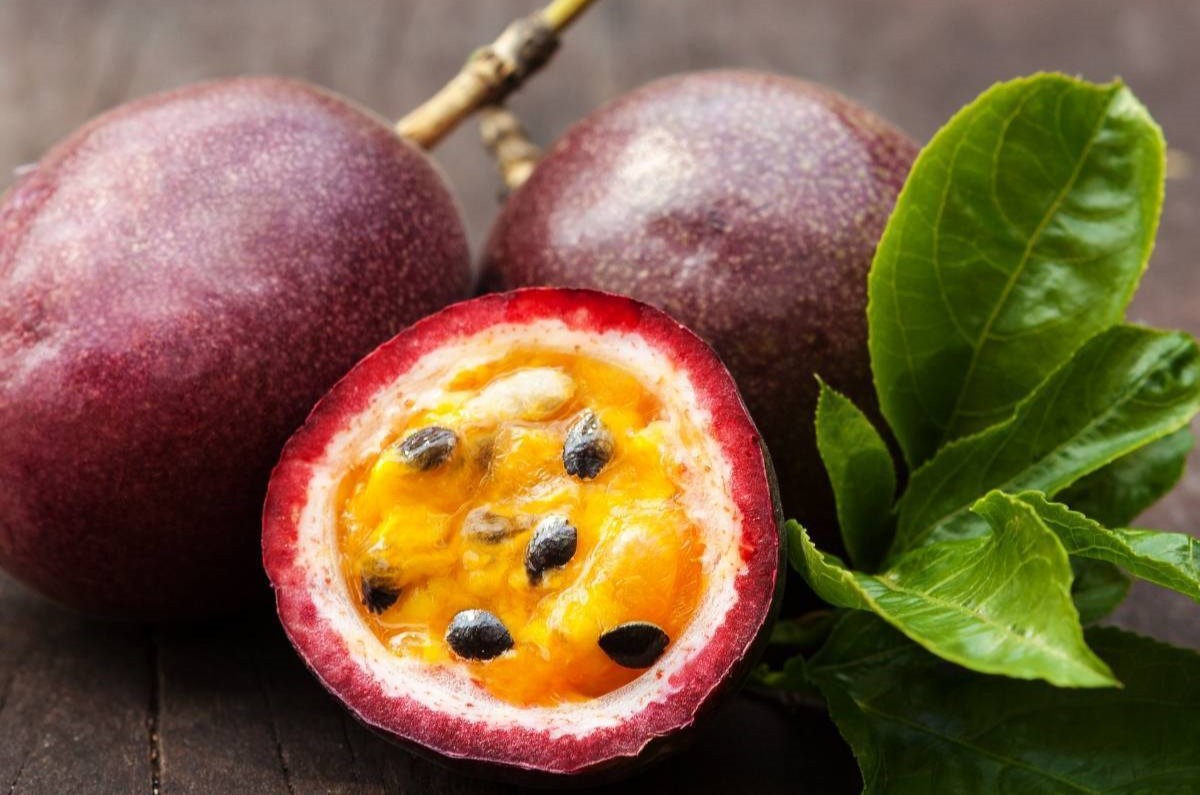
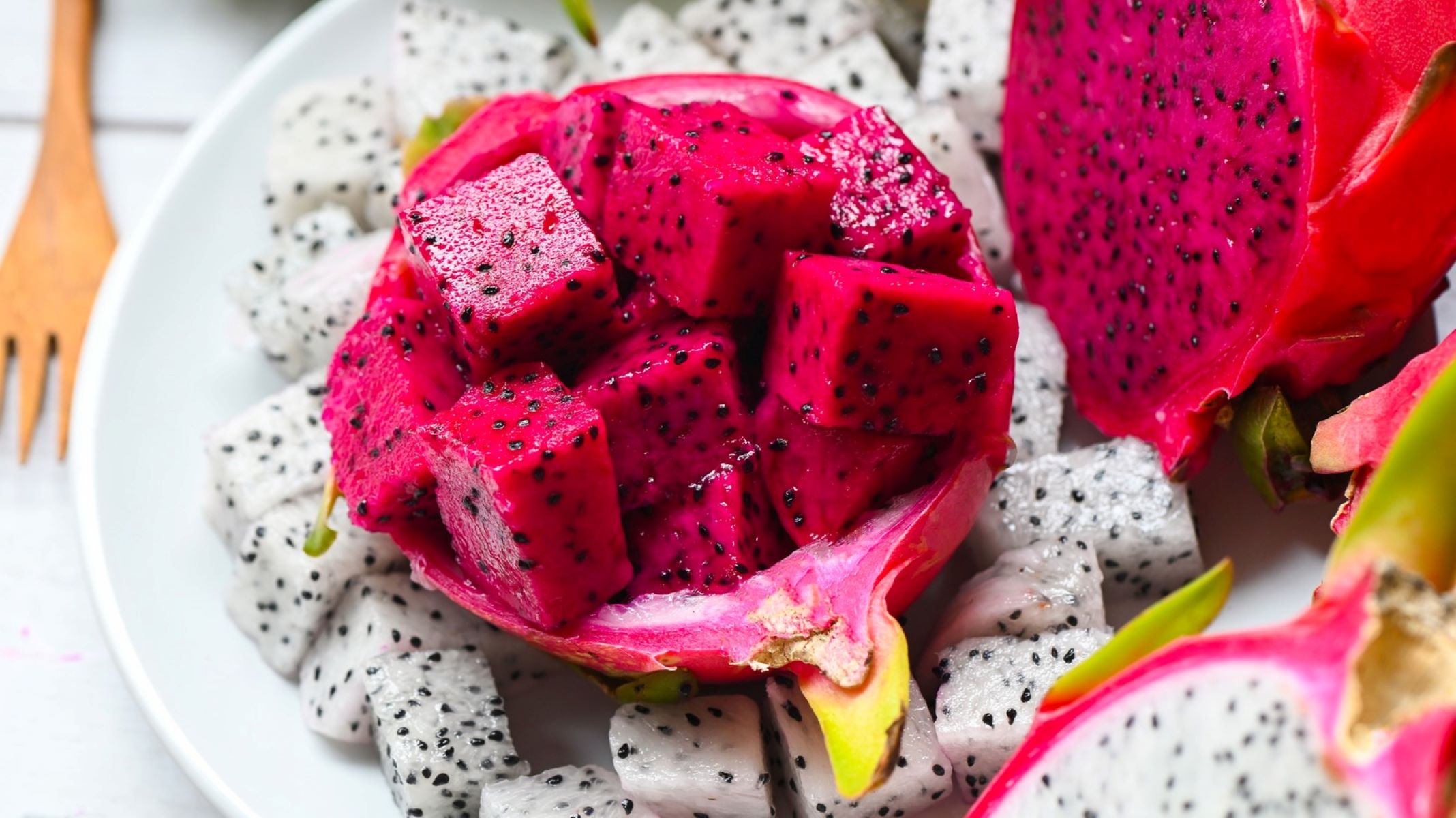
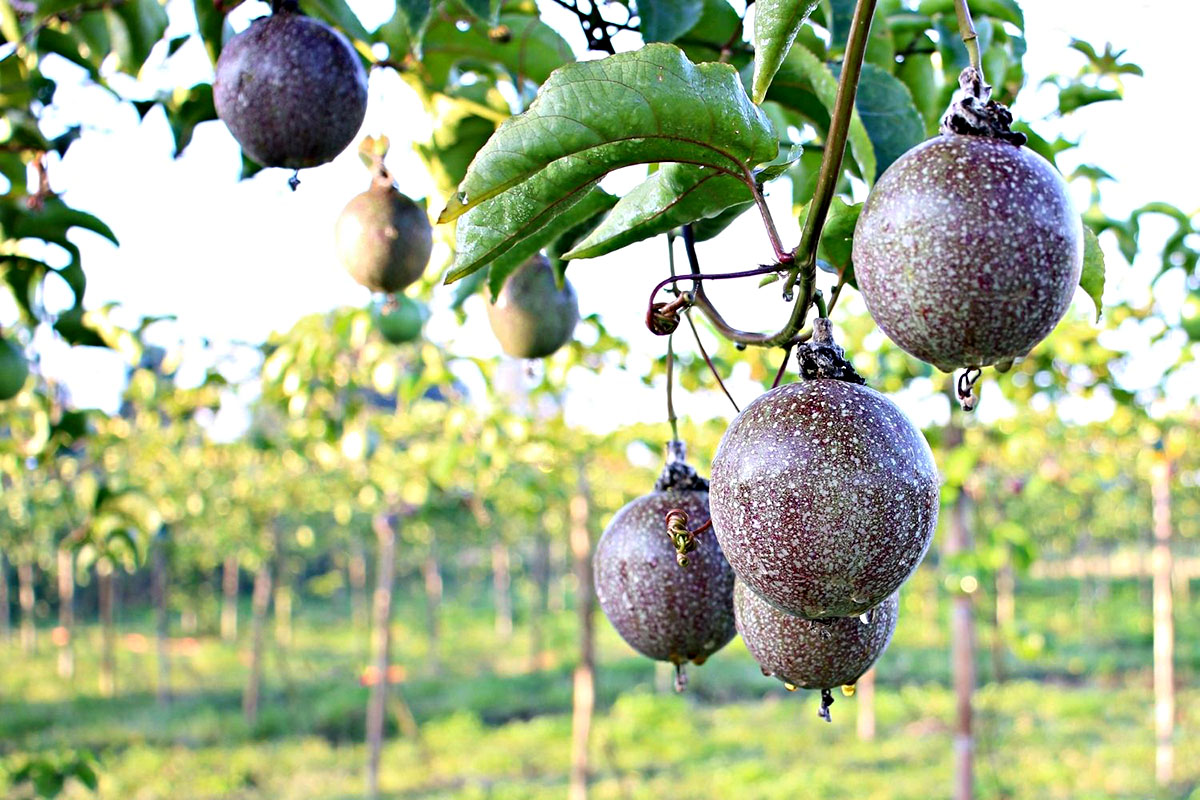
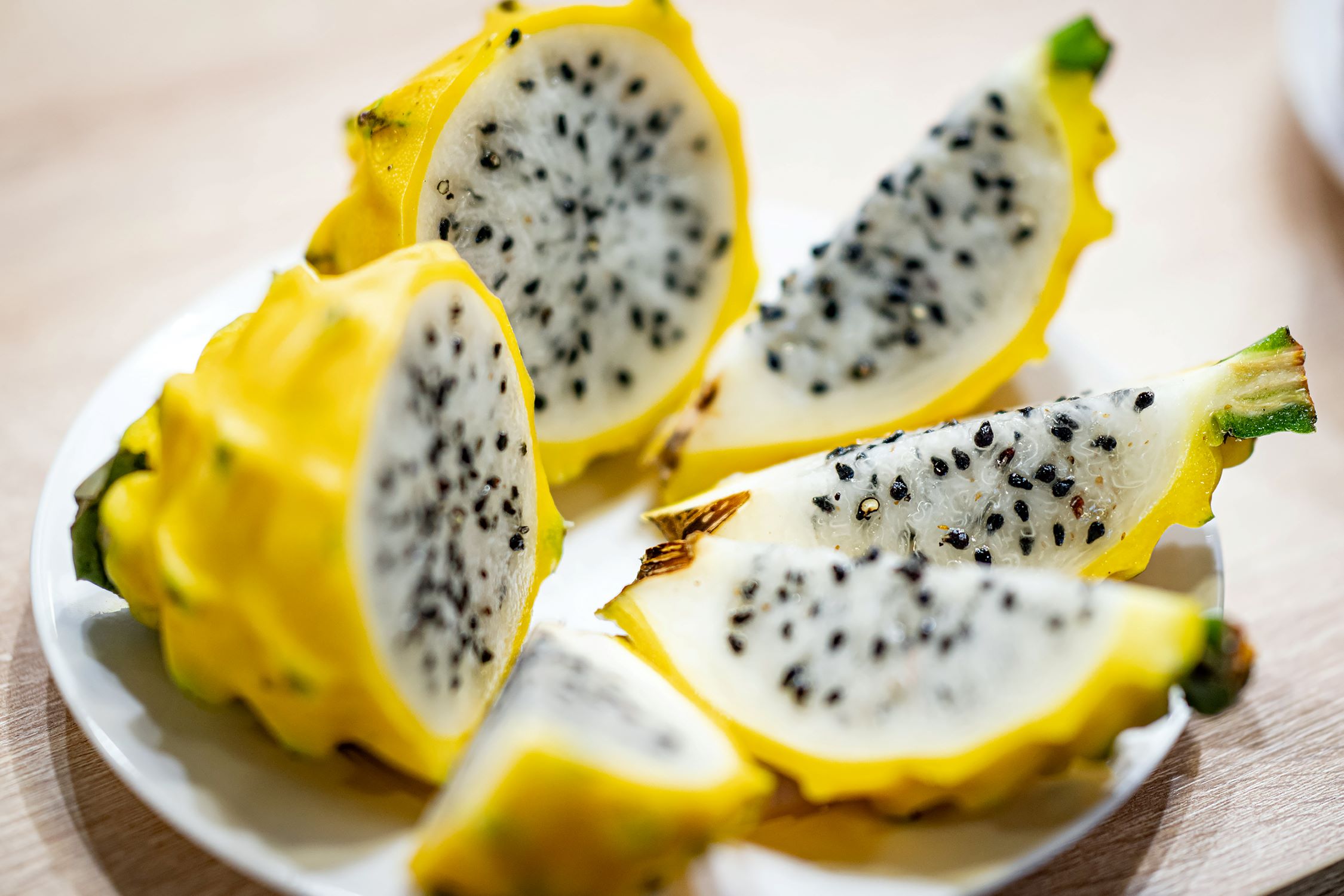

0 thoughts on “What Fruit Seeds Contain Cyanide”